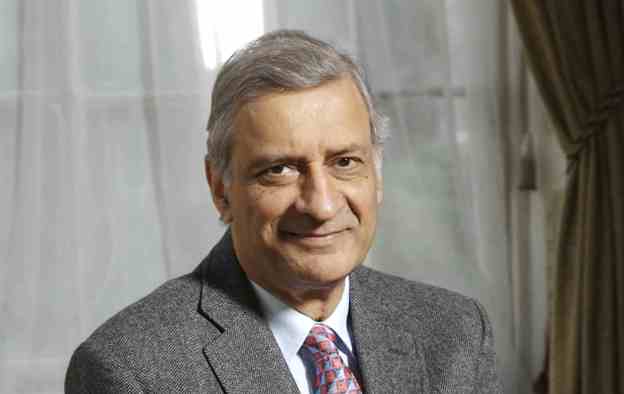The Commonwealth theme for 2011 is ‘Women as Agents of Change’. For 30 years now, Commonwealth Day and the theme have been celebrated on the second Monday in March, when every child in the Commonwealth, across continents and oceans, is in school.
Most schoolchildren know their fractions, and a simple one is this: half of the world’s population is made up of women and girls; yet women and girls bear two-thirds of the world’s problems. Two-thirds of those out of school worldwide are girls; and two-thirds of those who are illiterate, or out of work, or living with HIV/AIDS, are women.
The status and opportunities of women are the surest indicator of the health of a society. Where women prosper, societies prosper; and where women suffer, so too do the societies in which they live. Women are the barometers of society: they are an indication of its internal pressure levels, and their fortunes can be the clearest forecasts of good or bad things to come.
2010 was a year to look back at how far we had come with the Beijing Declaration and Platform for Action, which set out a route map for achieving greater equality and opportunity for women. It was also a year for looking forward, with the launch of a new UN gender equality body – UN Women – which has already attracted close to $1 billion of resources.
In 2011, the Commonwealth asks its schoolchildren – and the governments who put those children through school – some very direct questions:
■ What if we lived in a world where every mother had access to medical care, and her baby was born healthy?
■ What if her baby girl grew up in a safe home – with good food, clean water and access to a health clinic?
■ What if she could attend school where she learned important skills, and where she could make friends, and play sport?
■ What if she stayed on at school, gaining the respect of her community and leaving with the skills and knowledge to earn her own income?
■ What if she knew about HIV and AIDS, and could make informed decisions about her health and relationships?
■ What if she became a young woman who could have expectations about her life, and the opportunities to achieve them?
■ What if her country held elections, and she had the right to vote and decide about her future?
■ What if she was able to get a loan to start her own business?
■ What if this business thrived, and she was able to offer jobs to others in her community?
■ What if the community chose her to represent it as their leader?
■ What if she was able to change the lives of other girls?
This is neither ‘pie in the sky’, nor too good to be true. The Commonwealth is working to give women and girls the opportunity to become the ‘agents of change’ we need. By investing in women and girls, we have seen that we can accelerate social, economic and political progress. No real advancement is possible without this.
The evidence is clear. The Commonwealth has witnessed and given practical help to the role of women in entrepreneurship, in peacekeeping and in local and national politics. And we have seen the potential of empowering women – whether putting young girls through primary and secondary school, or ensuring that they have ready access to trained midwives when they give birth.
The Commonwealth has pioneered amongst its member governments the fact that there is a gender angle to every aspect of national life, and hence that there is a need for policies, programmes and funds to match.
We see women as the people who can bring about transformation at every level in society. The Commonwealth seeks to find and promote these vital ‘agents of change’.






